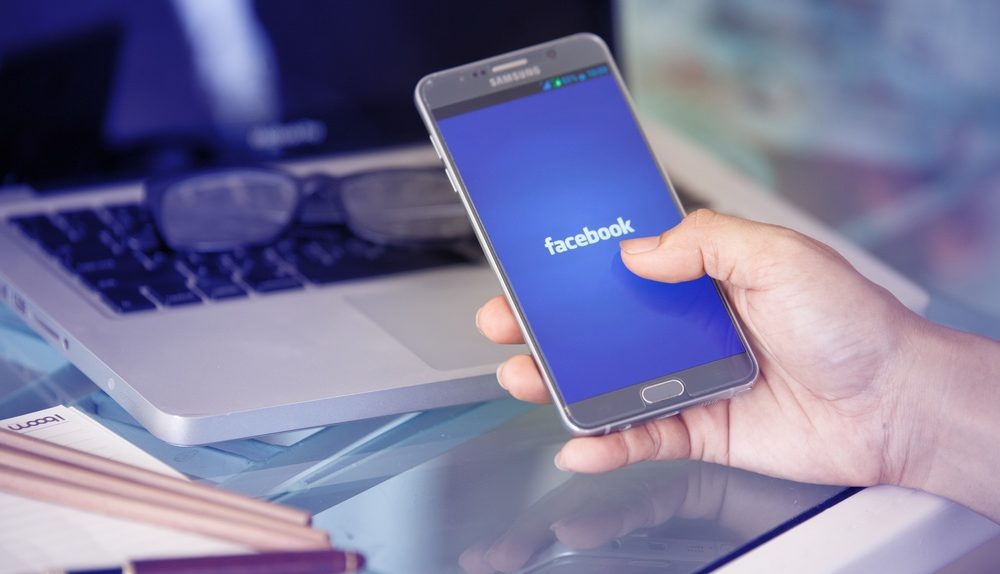The latest privacy red flags to emerge out of Facebook — thanks this time to a bombshell New York Times report that uncovered all kinds of hairbrained moves, like Facebook allowing outside companies to get a peek at users’ private messages — is adding more fuel to the fire. The fire in this case being the informal #DeleteFacebook movement, which tends to pick up a head of steam whenever new privacy-related revelations like these arise.
It sometimes spurs big names to announce their own departures from using the service, as former tech journalist Walt Mossberg did in recent days, which spurs even more people to get in on the act. Naturally, that led some researchers to ponder — could a monetary incentive actually spur people to give up Facebook? And if so, how much would it take? Well, folks, we have an answer.
$1,000 appears to be the magic number.
Researchers from the University of Michigan, Tufts University and Ohio’s Kenyon College published a study laying out their goal and methodology. From a summary of the published findings: “We report the results of a series of three non-hypothetical auction experiments where winners are paid to deactivate their Facebook accounts for up to one year. Though the populations sampled and the auction design differ across the experiments, we consistently find the average Facebook user would require more than $1000 to deactivate their account for one year.”
Some caveats and an assortment of things worth nothing: That $1,000 sum was mentioned before the NYT article was published this week. Also, it’s interesting to note that users seem to value the company, in a way, higher than shareholders do. The latter, of course, have collectively priced Facebook shares at below $200.
And then there’s the fact that though $1,000 is how much you’d have to pay a user to quit the service, the researchers also (correctly) assume that were Facebook to charge some amount on the front, users would instead quit in droves for free.
The other factor that plays into all this is that the thing to measure isn’t just quitting in a hard break from the service. Facebook also suffers a kind of slow bleed when users don’t quit, but perhaps in reaction to all these privacy flaps, they just … slowly stop using it.
“I’m not deleting Facebook,” a CNBC tech reporter wrote in a piece today. “But I’m content not using it as much in the future, and that’s the company’s bigger problem … If the number of users finally starts falling, the company’s privacy issues will be the catalyst. But the core issue is deeper: Facebook may no longer be that central to people’s lives.”







